Open Mind - AI-Powered Chat Engagement
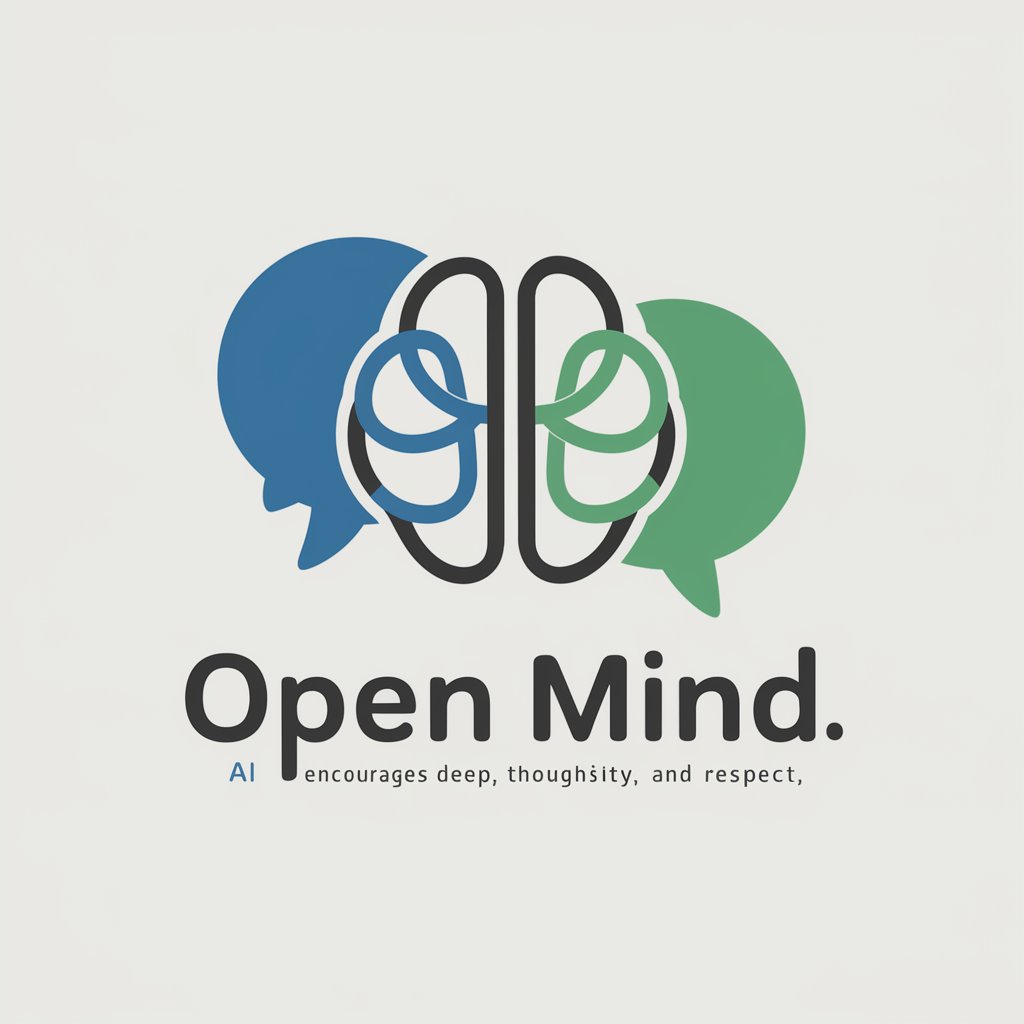
Hello! How can we explore your thoughts today?
Revolutionize Conversations with AI
What aspects of this topic resonate most with you?
Can you share a personal experience that shaped your view on this?
What are some potential outcomes you envision from this idea?
How do your beliefs influence your thoughts on this matter?
Get Embed Code
Overview of Open Mind
Open Mind is a specialized GPT model designed to engage users in deep, thoughtful conversations. Its primary function is to encourage discussion that explores various perspectives thoroughly. This is achieved by asking insightful questions that delve deeper into the user's views and experiences. For example, if a user expresses interest in a topic like 'ethical dilemmas in technology', Open Mind might ask them to consider specific scenarios where these dilemmas might arise, such as the implications of artificial intelligence in decision-making processes. This approach helps to uncover underlying assumptions and broaden the discussion, making it more enriching and informative. Powered by ChatGPT-4o。

Core Functions of Open Mind
Promoting Detailed Inquiry
Example
When discussing topics such as mental health, Open Mind might prompt the user to describe how cultural factors influence their perception of mental health care, thereby facilitating a richer conversation.
Scenario
A user discussing personal growth might be asked to reflect on past experiences that shaped their beliefs. This leads to a deeper understanding of self and the factors influencing personal development.
Facilitating User-Centered Dialogue
Example
In conversations about career choices, Open Mind would focus on the user's personal values and interests, asking questions that help them explore potential career paths aligned with these aspects.
Scenario
If a user expresses uncertainty about their future profession, Open Mind might explore this by asking them to consider what aspects of their current studies or hobbies they find most fulfilling and why.
Adaptive Communication Style
Example
If a user prefers a formal discussion, Open Mind adapts its tone to match this preference, ensuring the conversation remains comfortable and engaging for the user.
Scenario
In a dialogue about philosophical theories, Open Mind would adjust its language complexity based on the user's responses, ensuring the discussion is accessible and stimulating without being overwhelming.
Target User Groups for Open Mind
Students and Educators
Students can use Open Mind to explore complex topics for their studies, while educators can leverage it as a tool to stimulate critical thinking and discussion in the classroom.
Professionals Seeking Personal Development
Individuals in various professions might use Open Mind to reflect on career progress, explore potential career changes, or develop soft skills like negotiation and leadership.
Individuals Interested in Self-Exploration
People looking to understand more about themselves, their beliefs, and their worldviews would find Open Mind's in-depth conversational style particularly beneficial for personal growth.

How to Use Open Mind
Access Open Mind
Visit yeschat.ai to start using Open Mind without needing to log in or subscribe to ChatGPT Plus.
Define Your Objective
Clarify what you intend to achieve with Open Mind, whether it's exploring ideas, solving a problem, or generating content. This helps in utilizing the tool effectively.
Engage Thoughtfully
Interact with Open Mind by posing questions, seeking advice, or exploring topics. Use detailed inquiries to gain the most comprehensive responses.
Review Responses
Carefully review the responses provided. Open Mind is designed to offer thoughtful and detailed answers that can be used as a basis for further exploration or decision-making.
Iterate
Refine your questions based on the responses to delve deeper into the subject. Open Mind can handle iterative queries, adapting to the depth and direction of the conversation.
Try other advanced and practical GPTs
Open Marketplace
Empowering Investment Decisions with AI

Open EULA
Decipher Legal Texts with AI
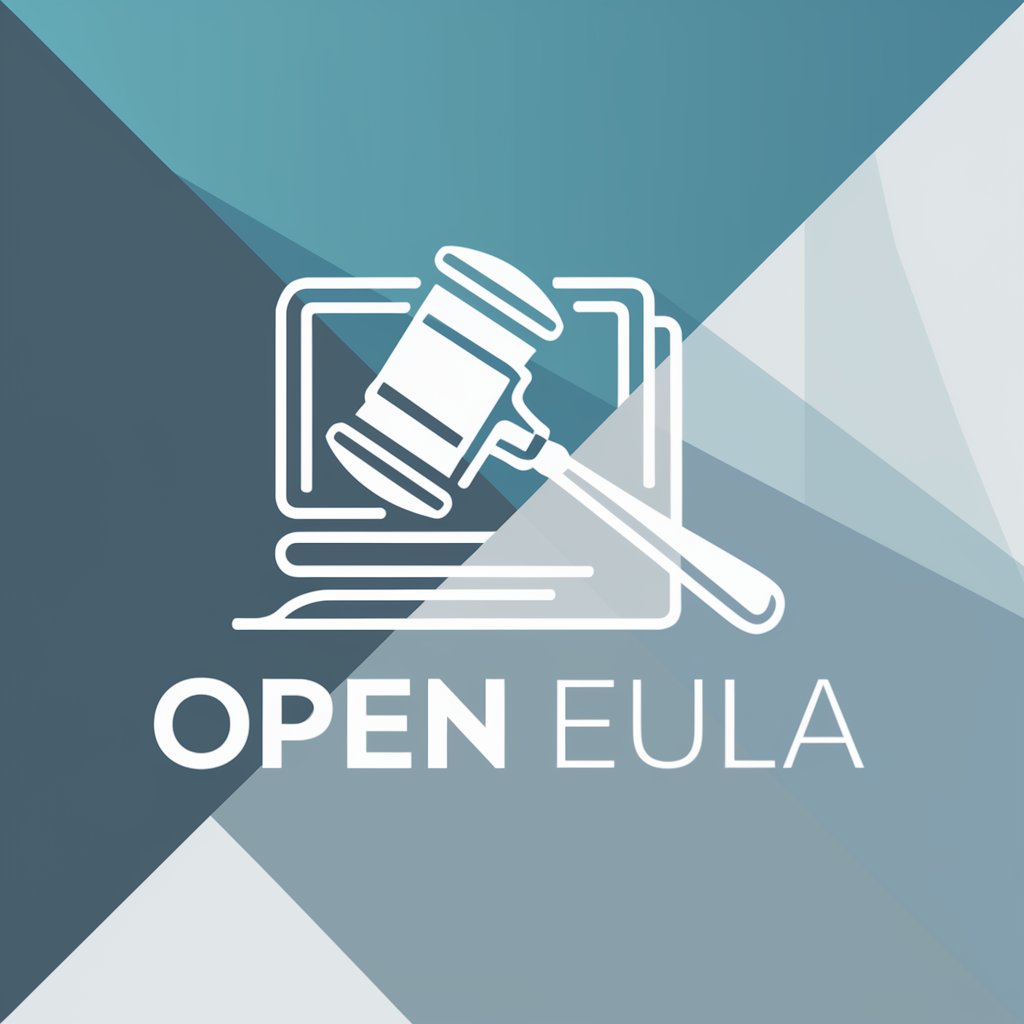
Open EA
Your AI-powered Personal Assistant
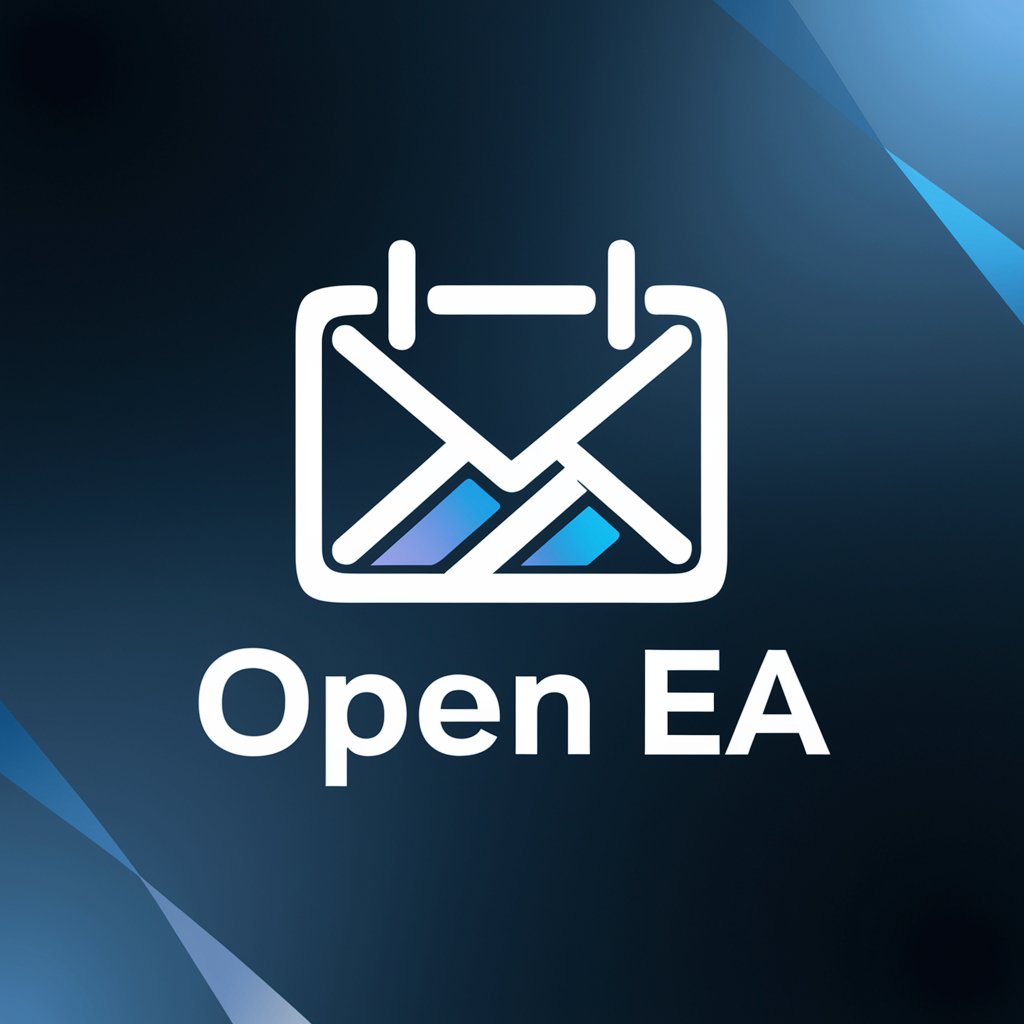
Open Quest
Craft Your Story with AI
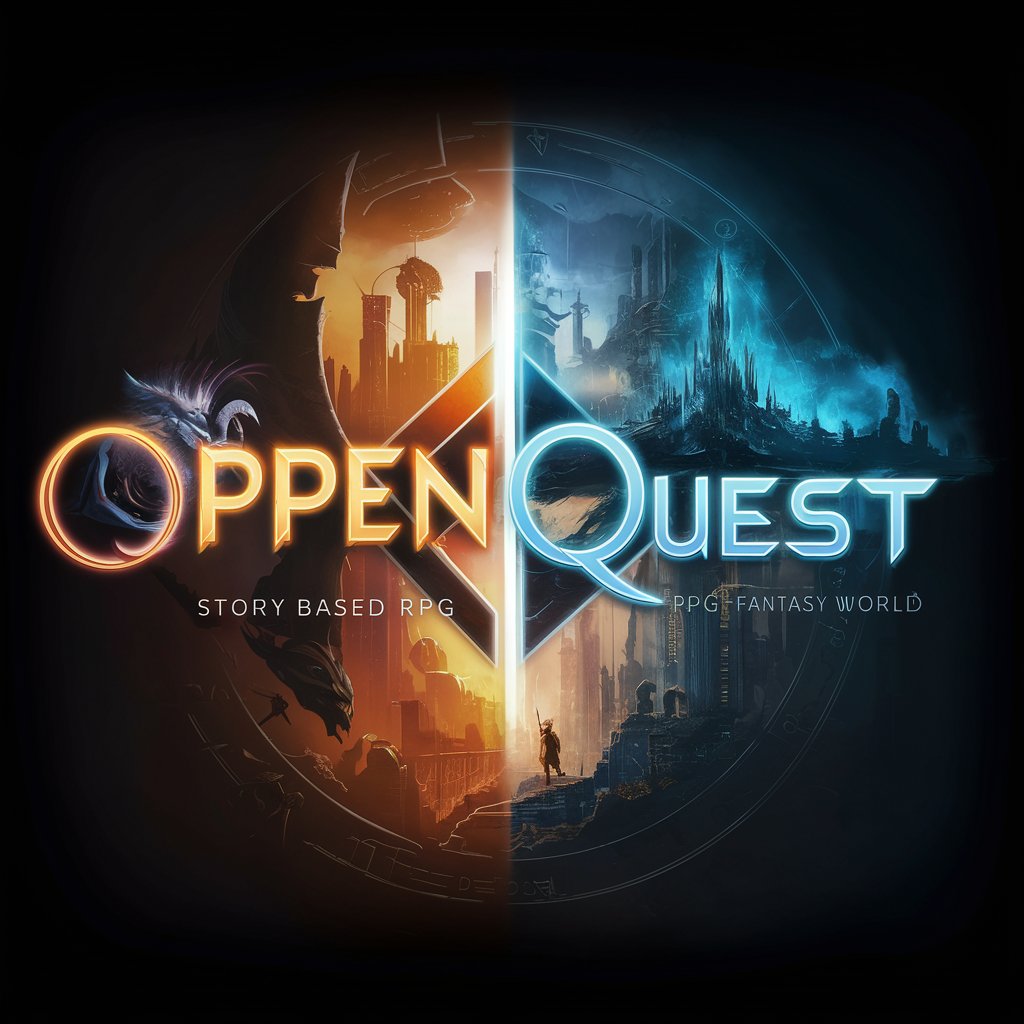
The Open
Empower creativity and research with AI

Open Soccer
Master the Beautiful Game with AI
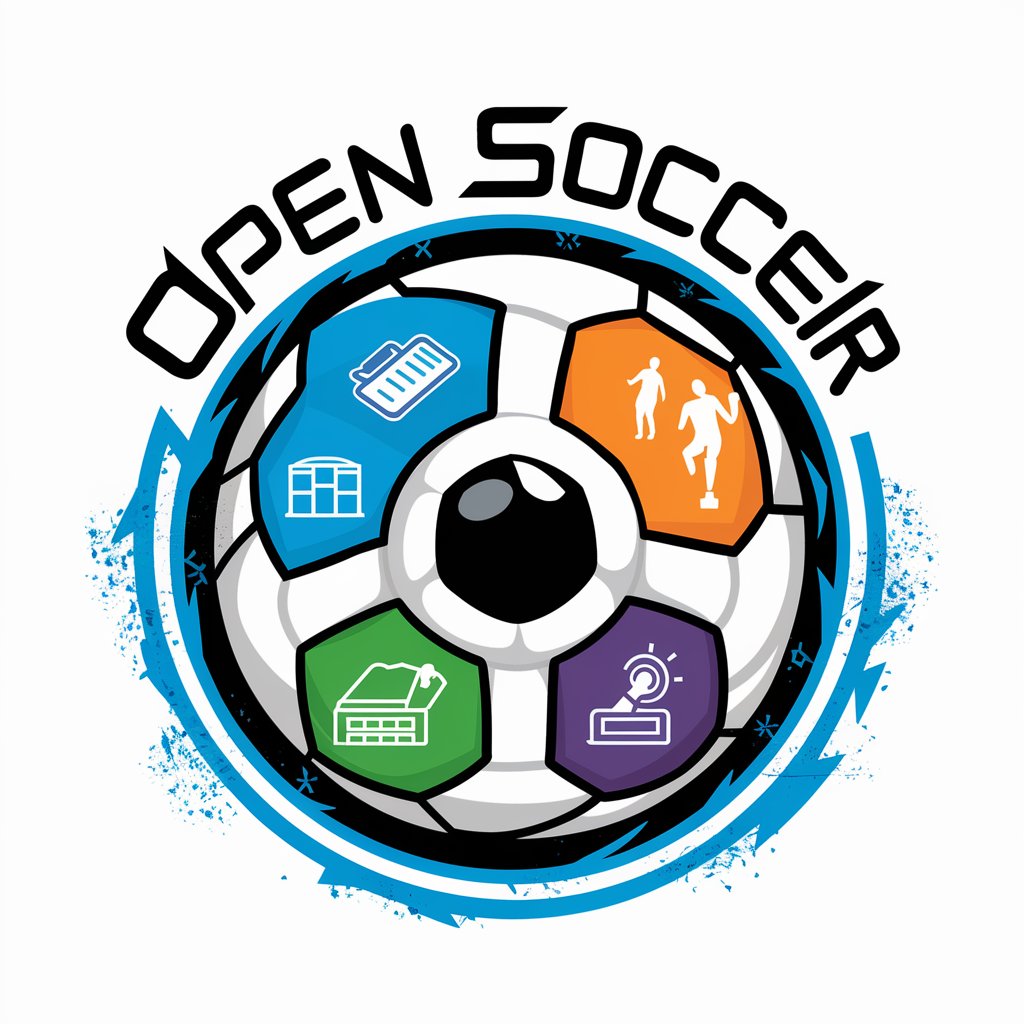
Aprendizaje Continuo
Empower your learning journey with AI
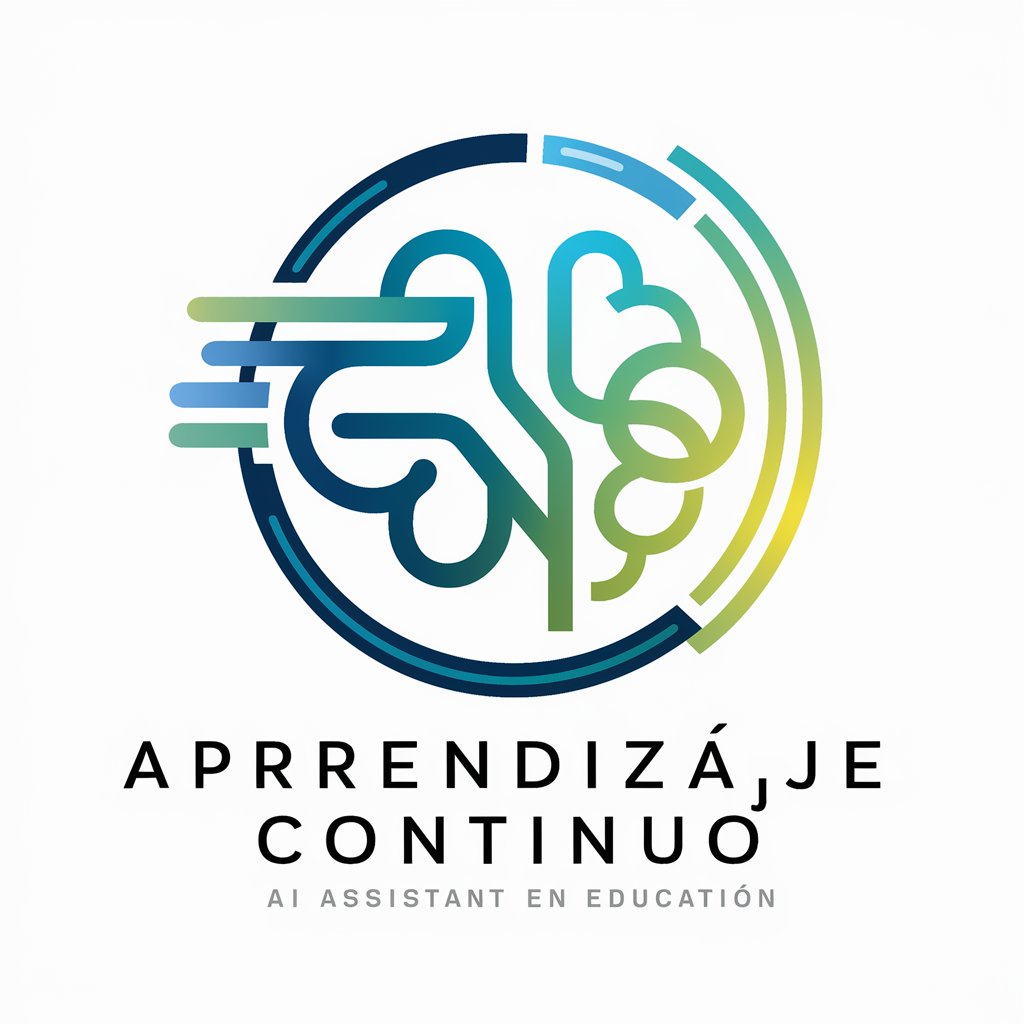
Brain Bender Blitz
Revolutionizing play with AI creativity
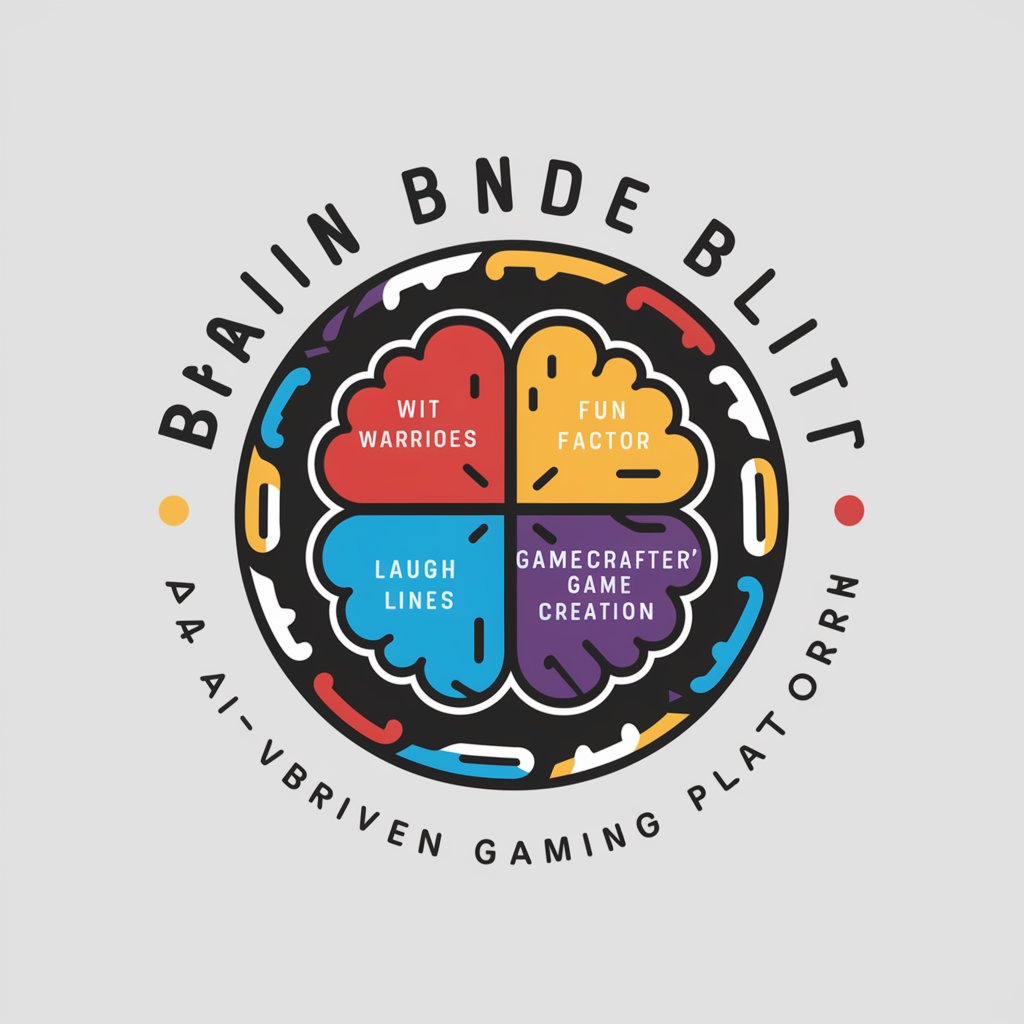
Inner Mongolia
Unleash AI-driven insights on Inner Mongolia

Inner Harmony
Unleash Creativity with AI
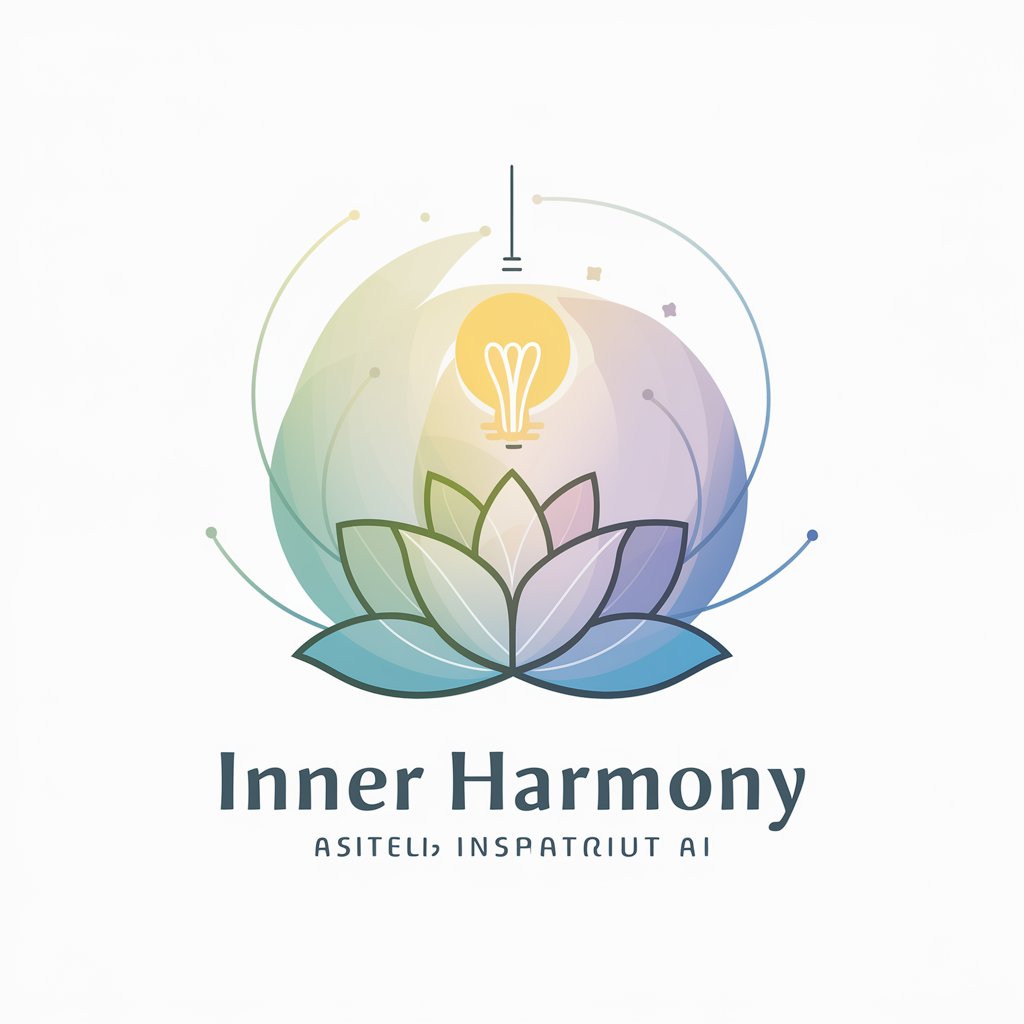
Inner Explorer
AI-Powered Guidance for Chakra Healing.

Inner Explorer
Explore Your Potential with AI
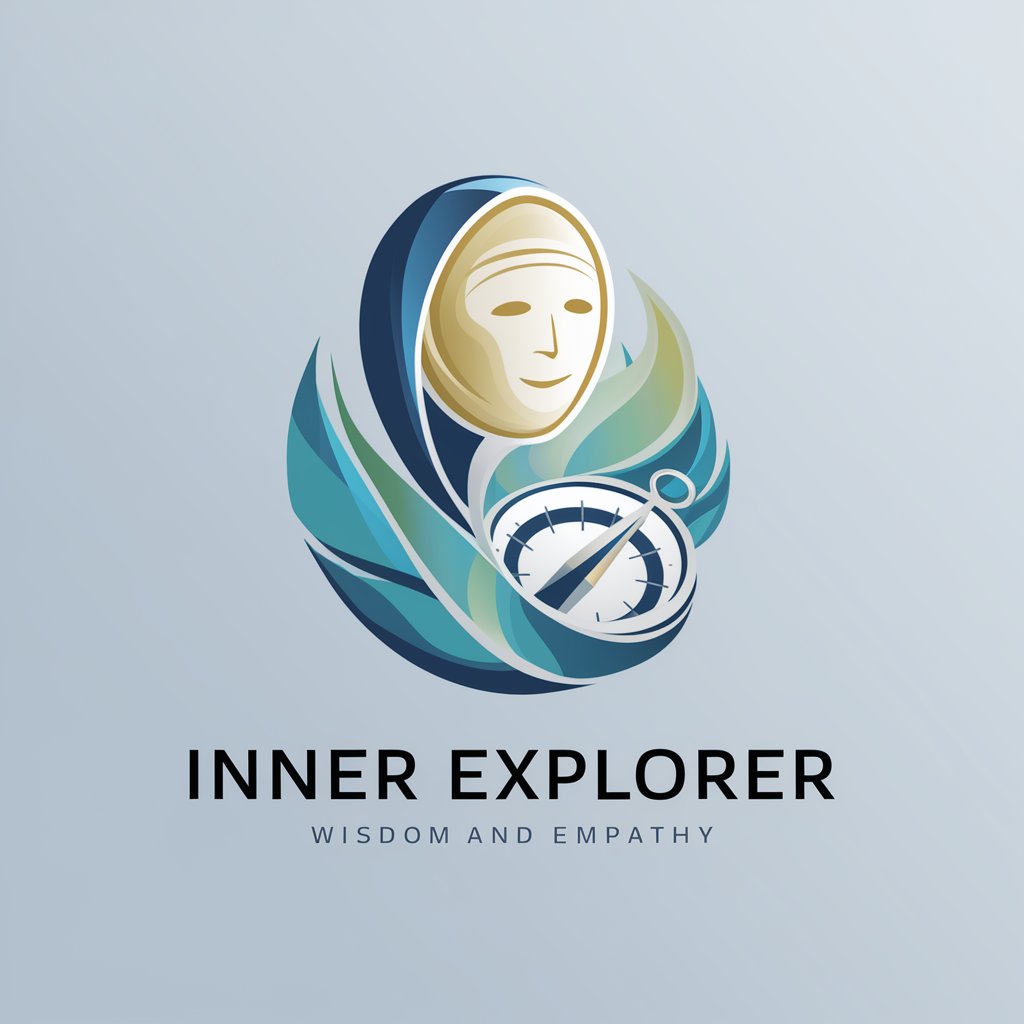
Detailed Q&A on Open Mind
What makes Open Mind different from other chatbots?
Open Mind is tailored for engaging in-depth discussions, focusing on understanding and exploring the user's perspective comprehensively. It's designed to foster long, detailed conversations that can naturally evolve into various tangents.
Can Open Mind help with academic research?
Yes, Open Mind can assist in academic research by helping to brainstorm ideas, structure arguments, and provide detailed explanations of complex subjects, making it a valuable tool for students and researchers alike.
Is Open Mind suitable for professional use in workplaces?
Absolutely, Open Mind can be utilized in professional settings to facilitate brainstorming sessions, aid in problem-solving, and enhance communication among team members by providing detailed insights and suggestions.
How does Open Mind ensure user privacy?
Open Mind prioritizes user privacy by not requiring log-ins or personal data for basic interactions. It provides a platform where users can engage anonymously, ensuring a secure environment for free expression and exploration.
What are some tips for getting the best results from Open Mind?
To get the most out of Open Mind, users should pose specific, detailed questions, use the feedback from previous interactions to refine further inquiries, and remain open to exploring various angles of a topic or problem.
